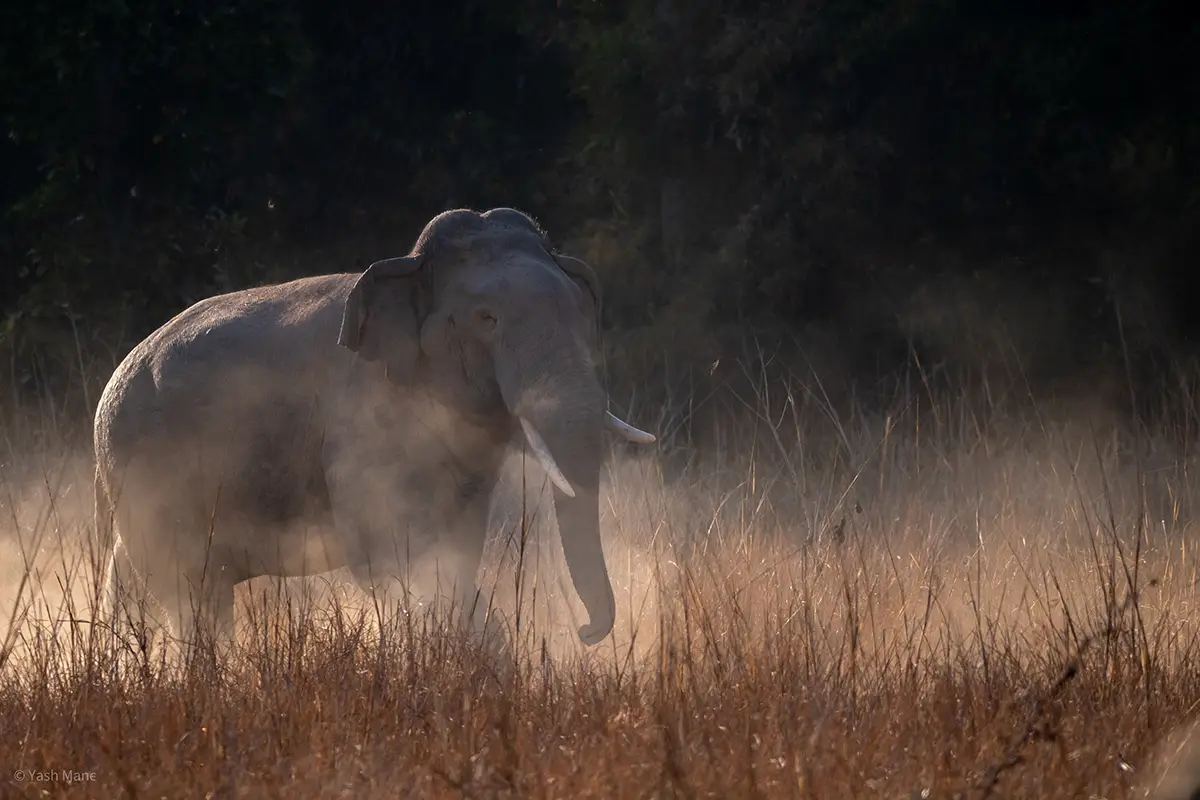
What more is there to see in Bandhavgarh?
These 6 unique sightings have the potential to be the highlight of the trip despite their rarity
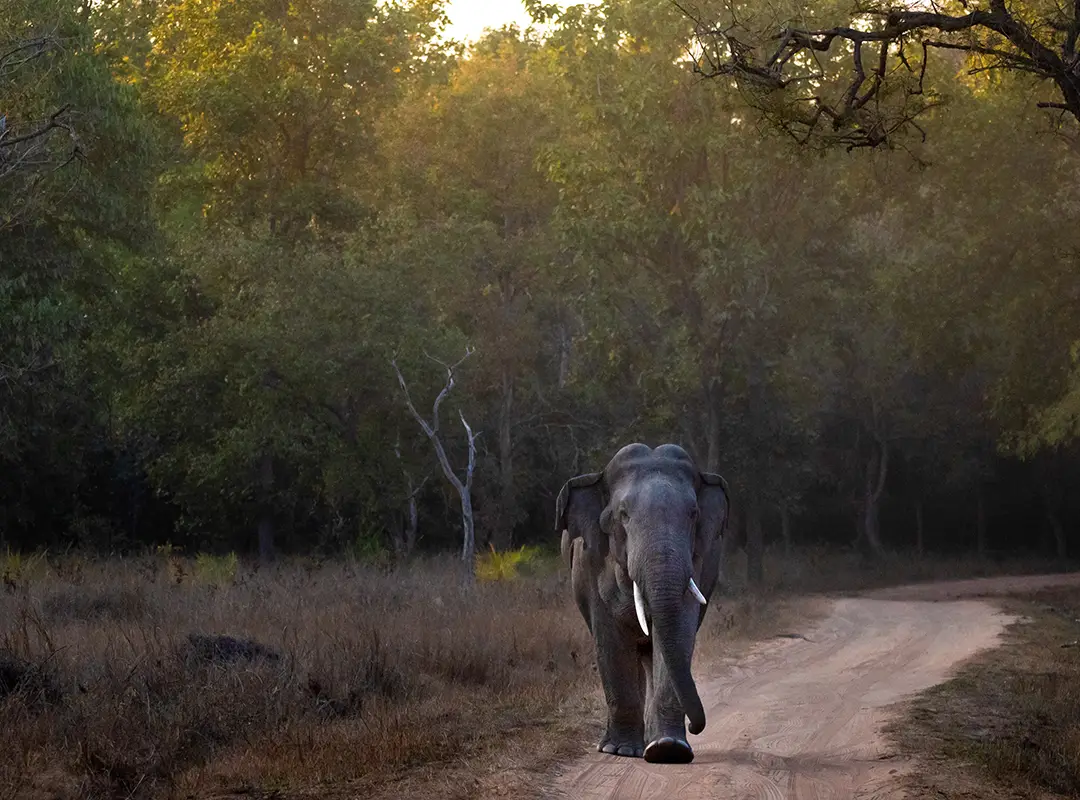
The story of the “Elephants of Bandhavgarh” is a stark reminder of the dangers of habitat destruction but also one of resilience and adaptability.
Elephants have historically inhabited large parts of India, ranging from north and north eastern parts of India (the western Himalayas, West Bengal, Assam) to central India (Bihar, Jharkhand, Chhattisgarh) all the way to southern India (Kerala, Karnataka and Tamil Nadu). Elephants have migrated or moved throughout the country via routes (or corridors) passed down through the generations from one matriarch to another.
However, as India has developed, Elephants have become endangered due to poaching initially, but now more so due to habitat loss, fragmentation and blocking of natural corridors.
Bandhavgarh has not had any resident elephants in recent history. The park is a tropical moist deciduous forest, and one would have thought that the vegetation was not suitable for elephants.
All that changed during the pandemic. It is believed that a herd of elephants left from Chhattisgarh, where their natural homes were being adversely affected by deforestation and decided to search for an alternate home. In fact, two tuskers are rumoured to have travelled from Chhattisgarh to Bandhavgarh to Kanha all the way upto Pench and finally back to Bandhavgarh – which became their new home. Soon Bandhavgarh had a large heard of around 17 elephants and today that number has grown to close to 27 strong. The pachyderms are thriving here, roaming mostly in the buffer areas but can occasionally be seen in the core zones.
The presence of elephants was a welcome surprise but bought it with it certain unforeseen challenges. Drivers and guides were not trained to predict the behaviour of wild elephants and needed to learn quickly on the fly. Several solar pumps and forest outposts were destroyed, only to be rebuilt, but this time “elephant proof”.
The signs of elephants are scattered all over the park now and to come across a tusker in Bandhavgarh is a truly inimitable experience.

These 6 unique sightings have the potential to be the highlight of the trip despite their rarity
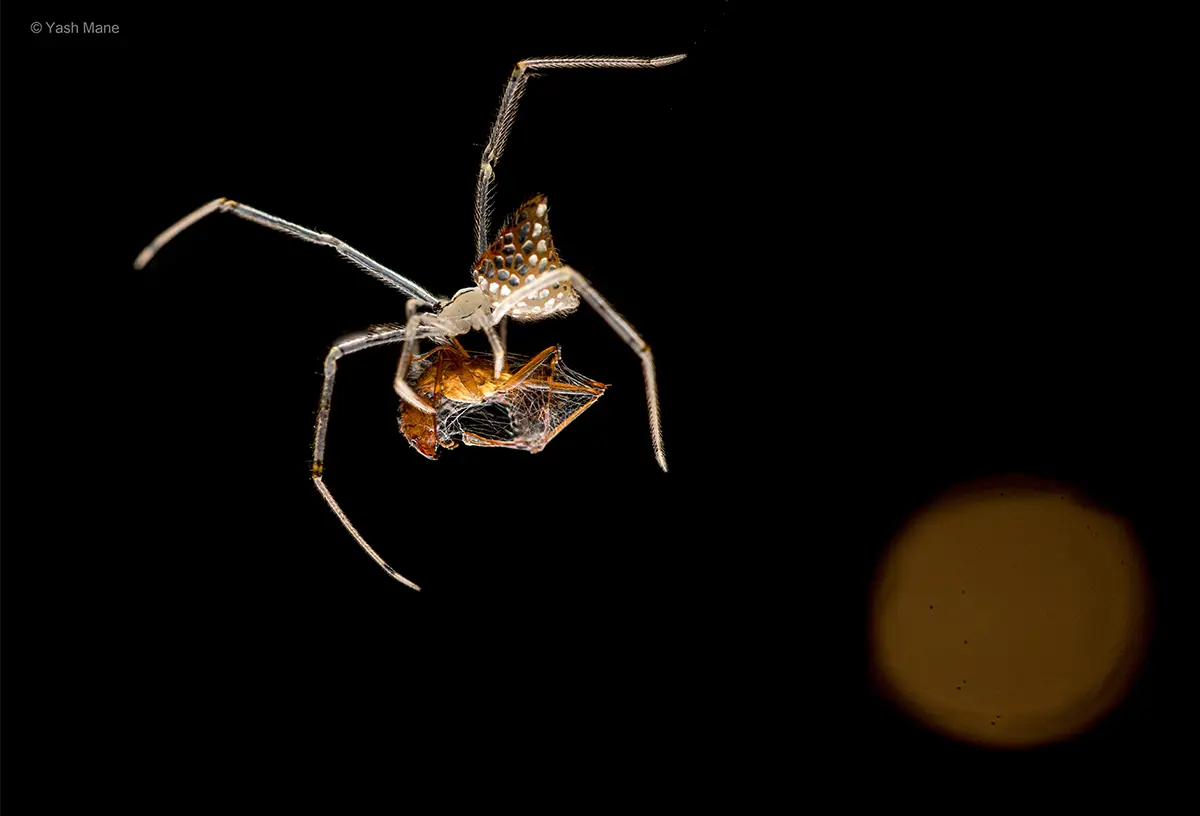
Bandhavgarh is home to tarantulas, trapdoor spiders, balloon frogs, clouded geckos, leopard geckos as well as vine snakes
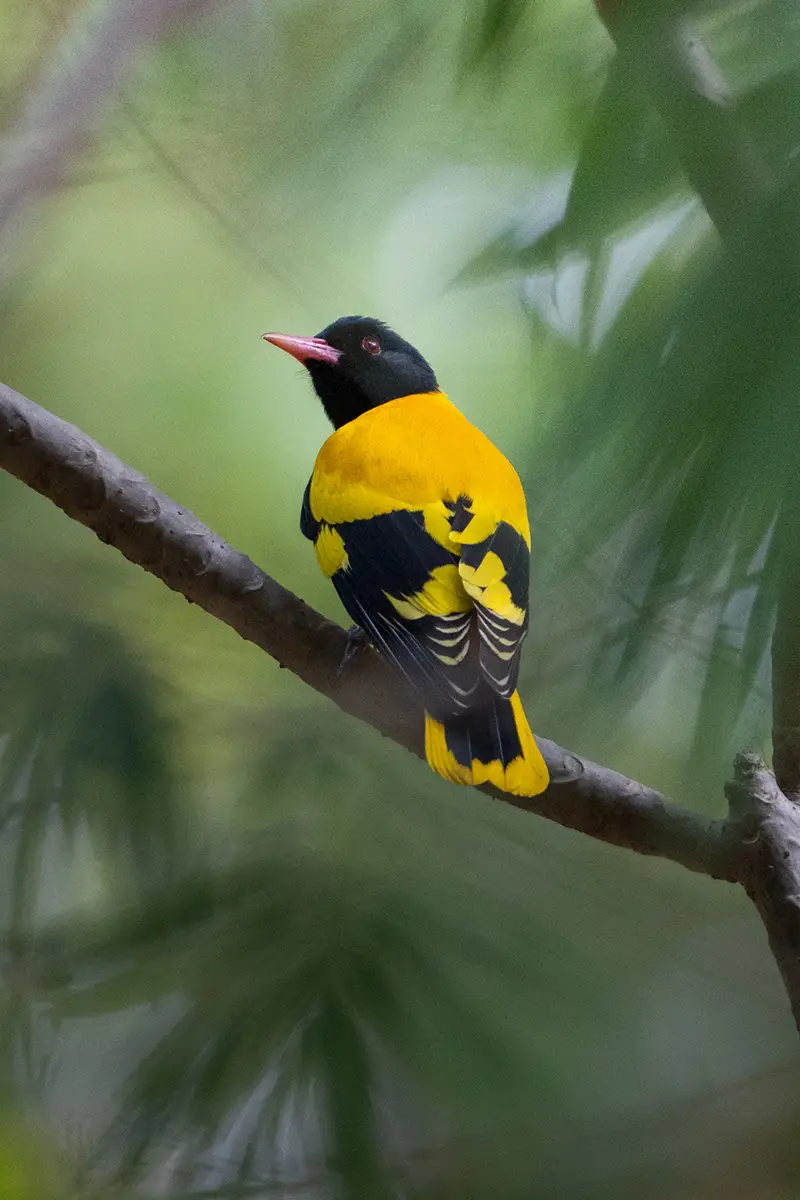
We have identified little more than 80 different species of birds between January 23 and January 24, including flycatchers, wetland
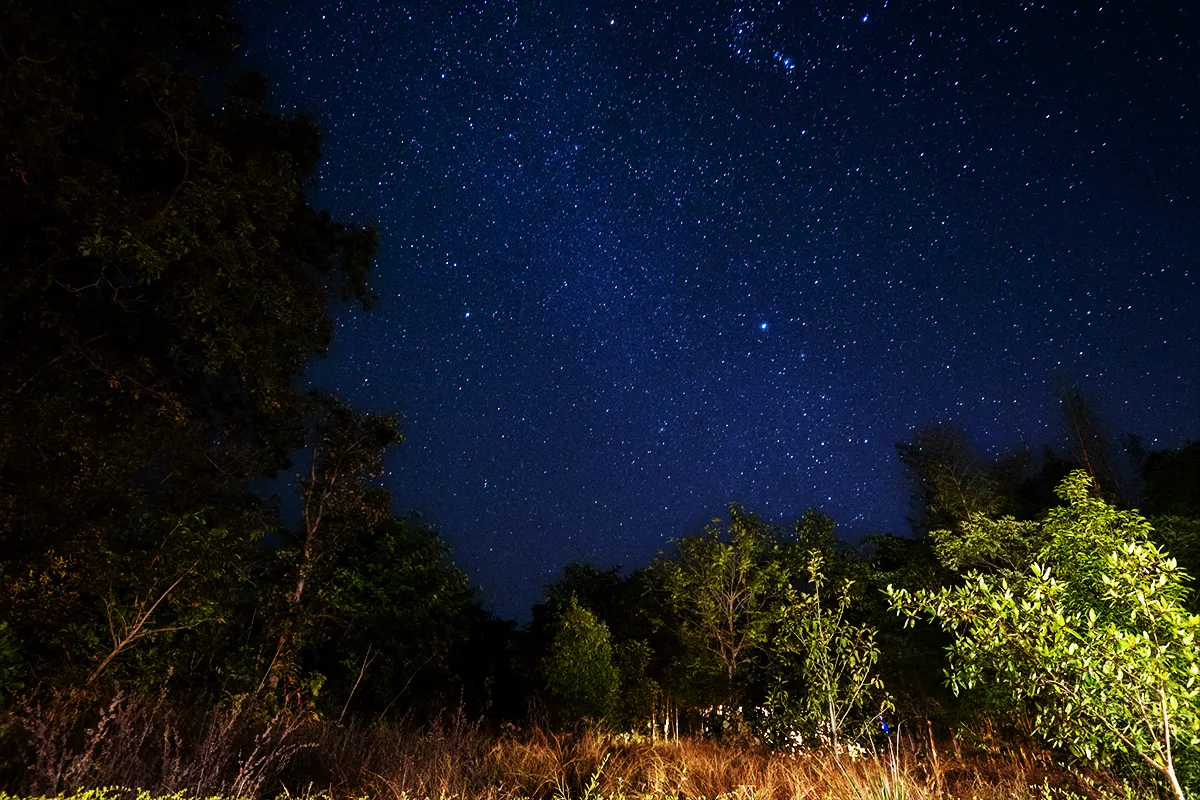
It’s a great spot to see stars because there aren’t many people around after dark and the lodge has minimal
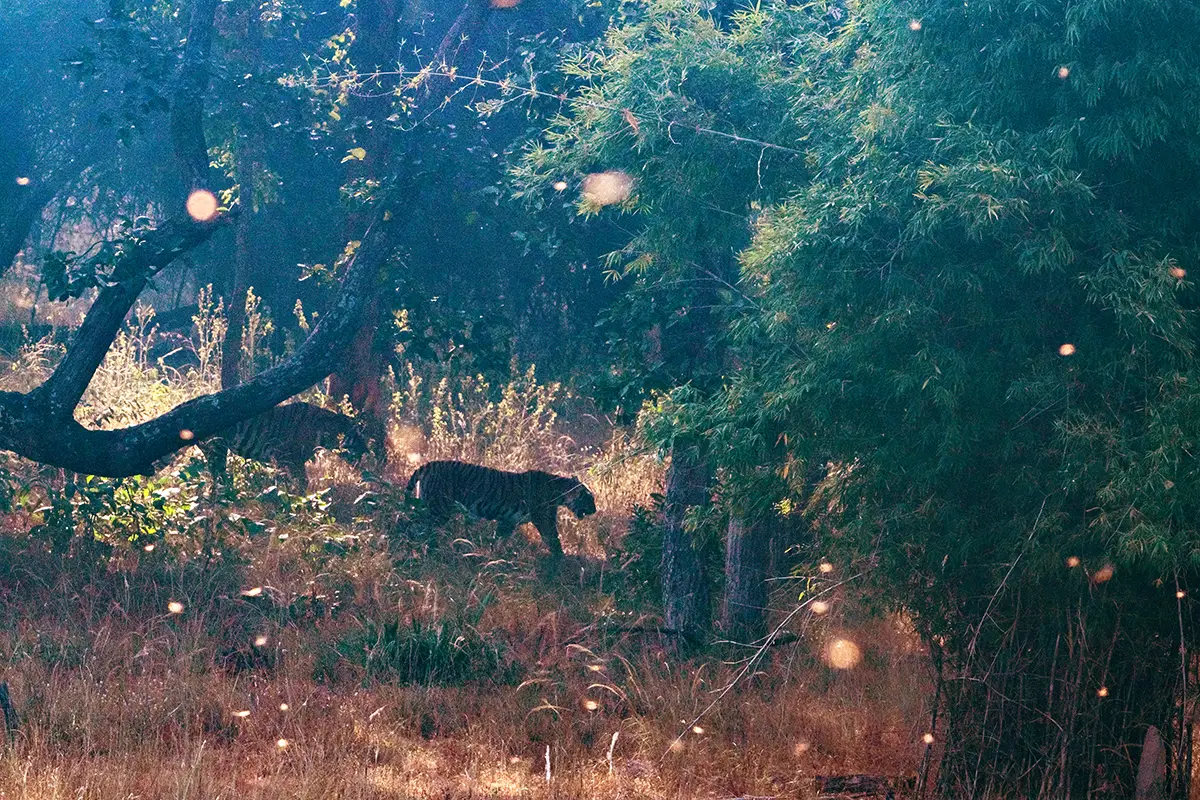
We were tracking the Chakradhara female and her cubs in the Tala zone one foggy November morning. We spotted the
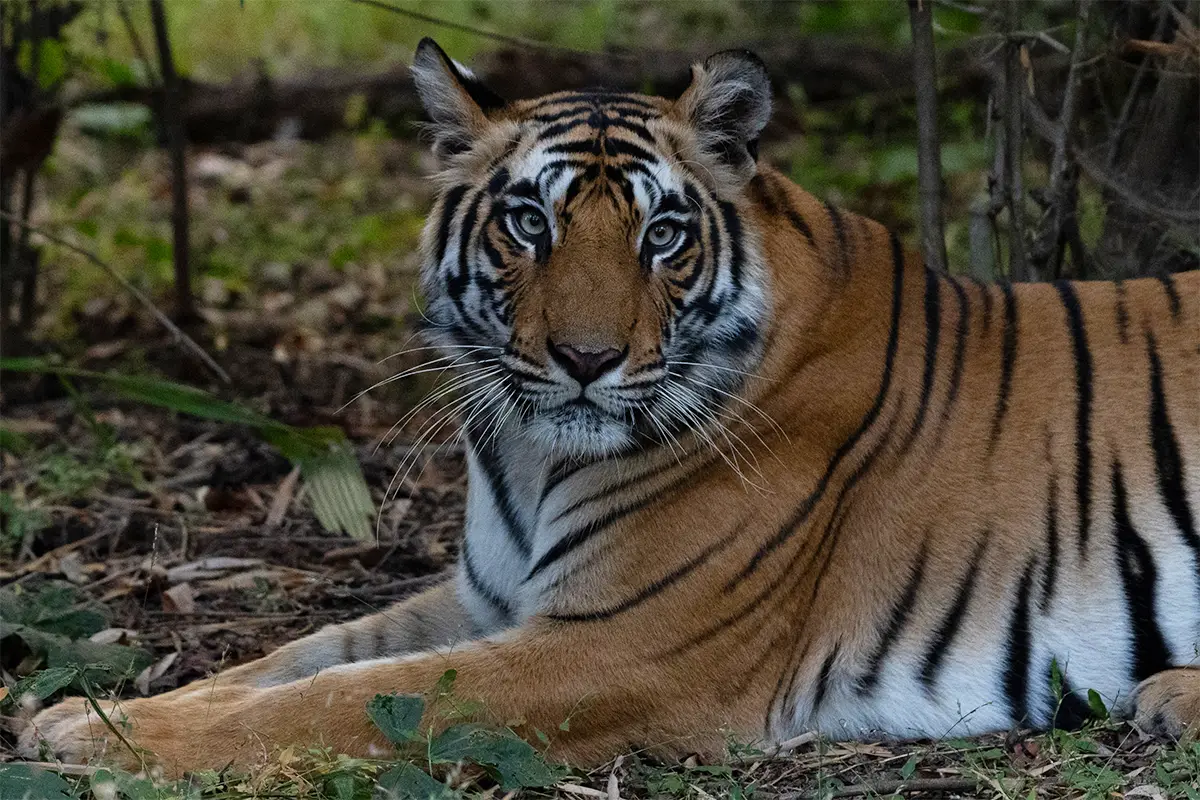
After about an hour of looking for her, one of our jeeps saw fresh pugmarks. We slowed down and continued

Bandhavgarh National Park
Parasi Village, Dhamokhar, Umaria District, Madhya Pradesh, India – 484661
ALL RIGHTS RESERVED – BAGHTOLA